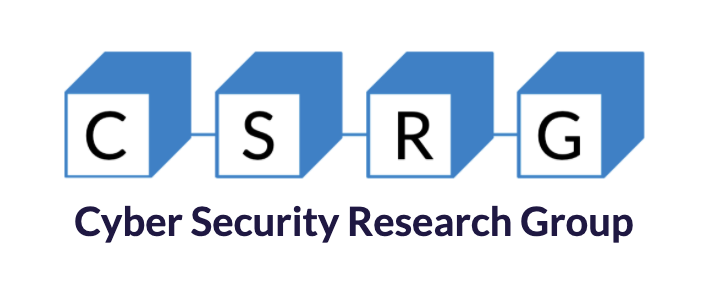We are looking for passionate software engineers and researchers to work with us on different research problems in the field of cyber security. At the moment, we have following open positions in our group. If you feel, you are the right candidate for this position and want to work with us, apply directly here.
Current Openings!!
Primary TasksUnderstand the client's objectives, scope of the project, and define the testing methodology to be used. This may include determining the systems, networks, and applications to be tested and agreeing upon the rules of engagement.Collect information about the target organization, including its infrastructure, systems, and applications, to gain an understanding of potential vulnerabilities and attack surfaces.Analyze the gathered information to identify potential vulnerabilities in the organization's networks, systems, and applications. This may involve the use of automated scanning tools as well as manual analysis techniques.Attempt to exploit identified vulnerabilities to gain unauthorized access to the target environment, escalate privileges, or execute other malicious actions. This helps determine the actual risk posed by the vulnerabilities.Assess the impact of successful exploitation, which may include exploring further access to sensitive data, maintaining persistence, and determining the level of control gained over the compromised systems.Document the findings, including the vulnerabilities discovered, exploitation methods used, and the potential impact on the organization as well as the strategy and attack vectors and properly communicating with software developers to implement automated attacks and defenses.Provide recommendations for mitigating the identified risks and improving the overall security posture.
Technical CompetencesCore CompetenceNetworking: Understanding of network protocols (TCP/IP, UDP, etc.), routing, switching, subnetting, and network devices (routers, switches, firewalls, etc.).Operating Systems: Proficiency with various operating systems (Windows, Linux, macOS), including system administration, command-line tools, and file system structures.Programming and Scripting: Familiarity with programming languages (e.g., Python, C, C++, Java) and scripting languages (e.g., Bash, PowerShell) to create custom tools, automate tasks, or exploit vulnerabilities.Cryptography: Understanding of cryptographic principles, encryption algorithms, and secure communication protocols (e.g., SSL/TLS).Vulnerability Assessment and Exploitation: Proficiency in using vulnerability assessment tools (e.g., Nessus, OpenVAS) and exploitation frameworks (e.g., Metasploit, ExploitDB)Security Frameworks and Compliance: Awareness of security frameworks (e.g., NIST, ISO 27001) and compliance requirements (e.g., GDPR, HIPAA, PCI-DSS) to align penetration testing activities with industry standards and regulations.
Must be knowledgeable in ONE OR MORE of the followingWeb Technologies: Knowledge of web technologies (HTML, CSS, JavaScript), web application architecture, and web-based vulnerabilities (e.g., SQL injection, XSS, CSRF).Reverse Engineering and Malware Analysis: Ability to disassemble, analyze, and modify software binaries or malware to understand their functionality and identify potential weaknesses.Cloud Security: Understanding of cloud computing concepts (IaaS, PaaS, SaaS), cloud providers (AWS, Azure, GCP), and cloud-specific security issues and best practices.Incident Response and Forensics: Ability to analyze compromised systems, gather evidence, and coordinate incident response efforts.
Primary TasksWriting code and creating software solutions that meet the requirements of the project.Writing automated cyber attacks and defenses in collaboration with the Penetration TesterCreation of simulated automated penetration testing and training scripts and tactics for attacks and defense using the cyber tools in the Cyber Range libraryTesting and debuggingConfiguration Management and Task AutomationDocumenting codeMaintaining software; fix bugs, add new features, and optimize performance as needed.Troubleshooting through analyzing logs, debugging code, or working with other team members to identify the problem.Continuous integration and deployment.Blueprints, Images, flavors and scripts for tools preparation and testing, import and export into/from the Cyber Range library
Technical CompetencesCoding using at least 2 programming languages, including PythonREST APIGIT Source ControlAnsible AutomationAzure DevOpsFamiliarity with Linux OSFamiliarity with Docker and KubernetesFamiliarity with VirtualizationFamiliarity with cyber attacks and cyber defense tools, tactics, techniques and procedures (Kill Chain, Att&CK, CAPEC)
Currently we don't have any open positions for Scientist.Currently we don’t have any open position for PostDoc.
